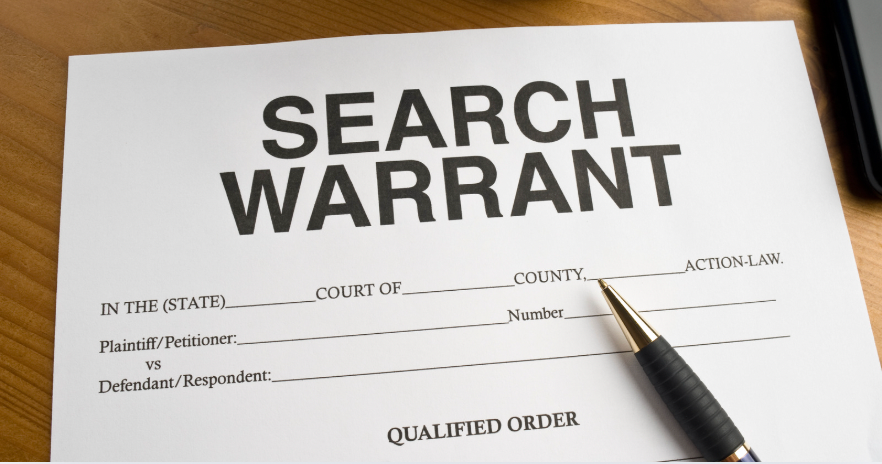Bail Bond Requirements for Non-U.S. Citizens in Connecticut
Being arrested is a stressful experience for anyone, but it can be even more challenging for non-U.S. citizens navigating an unfamiliar legal system. In Connecticut, non-citizens are eligible for bail under most circumstances, but there are specific requirements and considerations that may affect the process. Understanding these requirements can help non-U.S. citizens and their families take the right steps to secure release from custody.
Are Non-U.S. Citizens Eligible for Bail?
Yes, non-U.S. citizens are generally eligible for bail in Connecticut. The same factors that apply to U.S. citizens—such as the severity of the crime, prior criminal history, and flight risk—are considered when determining bail eligibility. However, non-citizens may face additional scrutiny, particularly if immigration status or potential deportation is a concern.
Key Requirements for Non-Citizens to Post Bail
To secure bail as a non-U.S. citizen in Connecticut, the following requirements typically apply:
- Valid Identification: Non-citizens must provide valid identification, such as a passport, visa, or other government-issued document. This helps verify their identity and legal status.
- Immigration Status Documentation: Courts may request documentation regarding the defendant's immigration status. Individuals with legal residency, such as green card holders, may find the process smoother, while undocumented individuals may face additional challenges.
- Stable Ties to the Community: Demonstrating strong ties to the local community—such as employment, family, or property ownership—can reduce concerns about flight risk and improve bail eligibility.
- A Co-Signer: Non-citizens often require a co-signer, particularly if the court perceives them as a higher flight risk. A co-signer agrees to take responsibility for the bail and ensure the defendant appears in court.
Additional Considerations for Immigration Holds
Non-U.S. citizens arrested in Connecticut may be subject to an immigration hold if there are questions about their legal status. Immigration and Customs Enforcement (ICE) can place a detainer on the individual, which may delay release even if bail is posted. It’s crucial to work with both a criminal defense attorney and an immigration attorney in these situations to address both criminal and immigration-related concerns.
Let Griffith Bailbonds Help You Navigate the Process
Navigating the bail process as a non-U.S. citizen can be overwhelming, but Griffith Bailbonds is here to assist. Our experienced team understands the unique challenges non-citizens face and will work tirelessly to secure your release. Contact us 24/7 for compassionate, reliable bail bond services tailored to your needs. Call now to get the support you deserve!











